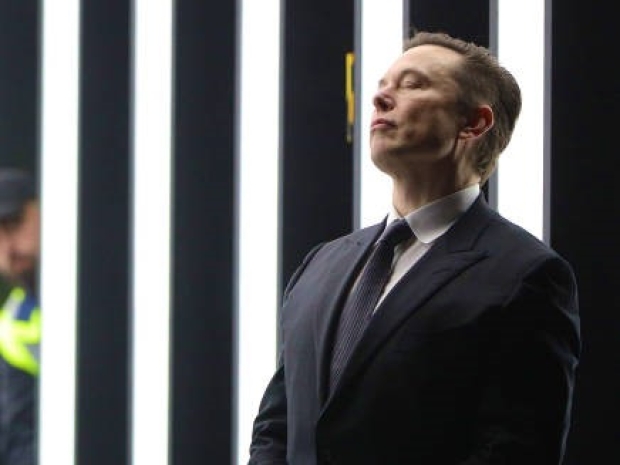For those who came in late, Musk was involved with OpenAI for a while until he walked away, apparently because he “feared what the technology would do.”
That all changed when AI became the next big thing, and the company took a $13 billion investment from Microsoft. Musk suddenly lost his fear and arrived late to the market with an AI model of his own. Then he sued OpenAI, accusing the research lab and its boss, Sam Altman, of betraying OpenAI's original mission of developing artificial intelligence for the good of humanity.
Musk, who helped to launch OpenAI in 2015, claimed in his suit that Altman and others had broken a critical agreement that the company's research would be "freely available to the public" by becoming a "puppet of the biggest tech company in the world: Microsoft." In a blog post, OpenAI claimed that Musk pushed the founders to raise hundreds of millions more from investors than the $100 million Altman and fellow OpenAI co-founder Greg Brockman initially wanted. "We need to go with a much bigger number than $100M to avoid sounding hopeless... Let's say that we are starting with a $1 billion funding commitment," Musk wrote to Altman and Brockman in November 2015.
According to the blog, the founders realised the enormous costs of developing artificial general intelligence involved raising an amount of investment, "which was far more than any of us, especially Elon, thought we'd be able to raise" as a non-profit.
"In late 2017, we and Elon decided the next step for the mission was to create a for-profit entity," the blog claims. "Elon wanted majority equity, initial board control, and to be CEO. In the middle of these discussions, he withheld funding."
"We couldn't agree to terms on a for-profit with Elon because we felt it was against the mission for any individual to have total control over OpenAI," the post continues. "He then suggested merging OpenAI into Tesla instead.
In early February 2018, Elon forwarded us an email suggesting that OpenAI should 'attach to Tesla as its cash cow.'" In December 2018, one email from Musk read: "Even raising several hundred million won't be enough. This needs billions per year immediately or forget it."
The blog claims that, despite the refusal to give Musk complete control, the SpaceX founder "soon chose to leave OpenAI, saying that our probability of success was zero and that he planned to build an AGI rival within Tesla." Musk created his own AI company, xAI, last year.
"We're sad that it's come to this with someone whom we've deeply admired - someone who inspired us to aim higher, then told us we would fail, started a competitor, and then sued us when we started making meaningful progress towards OpenAI's mission without him," the blog says.




